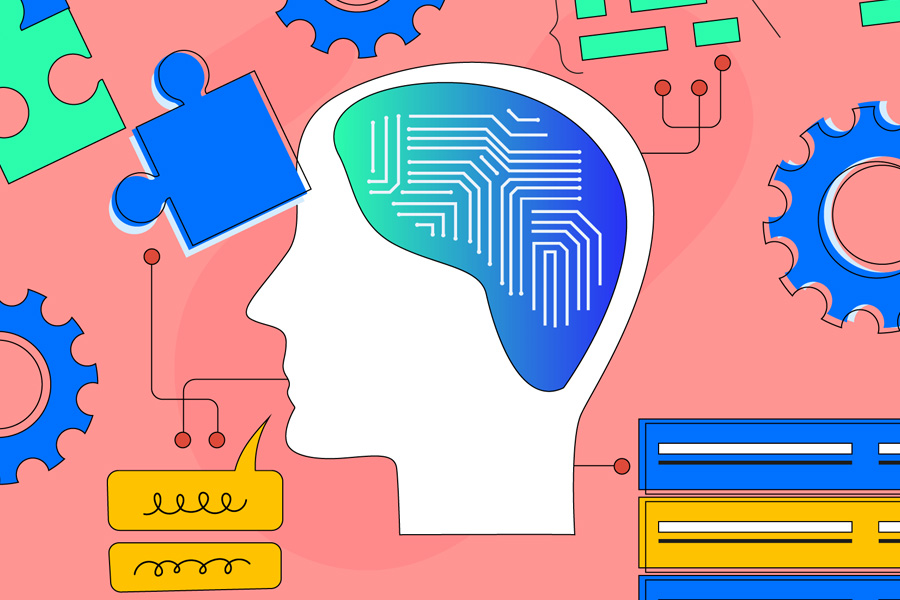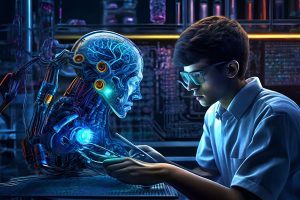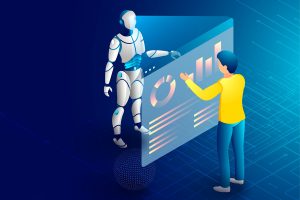ChatGPT for Robotics: Design Principles and Model Abilities
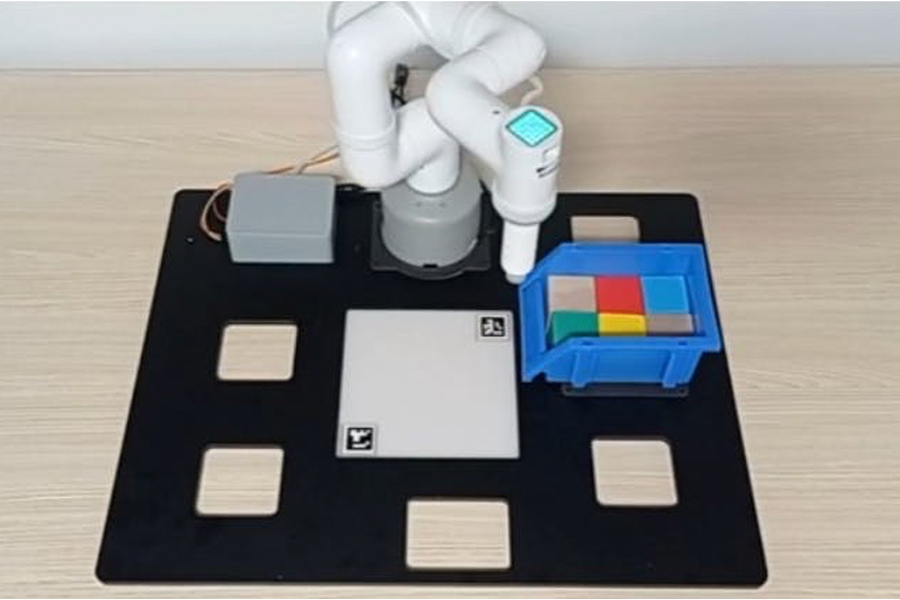
ChatGPT for Robotics Design Principles and Model Abilities
In 2023, ChatGPT, a natural language processing model based on artificial intelligence, is widely popular around the world. Using deep learning technology and trained on a large amount of text data, it can be applied to various fields, such as customer service, education, healthcare, finance, and more, bringing a lot of convenience to different industries.
A research team from Microsoft published a research report discussing how ChatGPT can be applied to robots, using myCobot 280 from Elephant Robotics as a case study. In the case study, they used ChatGPT to control the robotic arm and complete the drawing process of the Microsoft logo. This has led more users to discover the possibility of integrating artificial intelligence with robotic arms and to explore the development and implementation of more applications.
The myCobot 280 is a high-performance desktop robotic arm that is an ideal choice for education, scientific research, and light manufacturing due to its powerful features and various new capabilities. This robotic arm not only has precise motion control and efficient work capabilities, but also supports new features such as ROS2 environment adaptation, PS2 joystick control, and self-interference collision prevention, making it more intelligent, flexible, and safe. This article will provide a detailed introduction to the new features and application scenarios of myCobot 280, helping readers to gain a deeper understanding of the characteristics and advantages of this robotic arm and exploring how to unleash its potential in education, scientific research, and manufacturing fields.
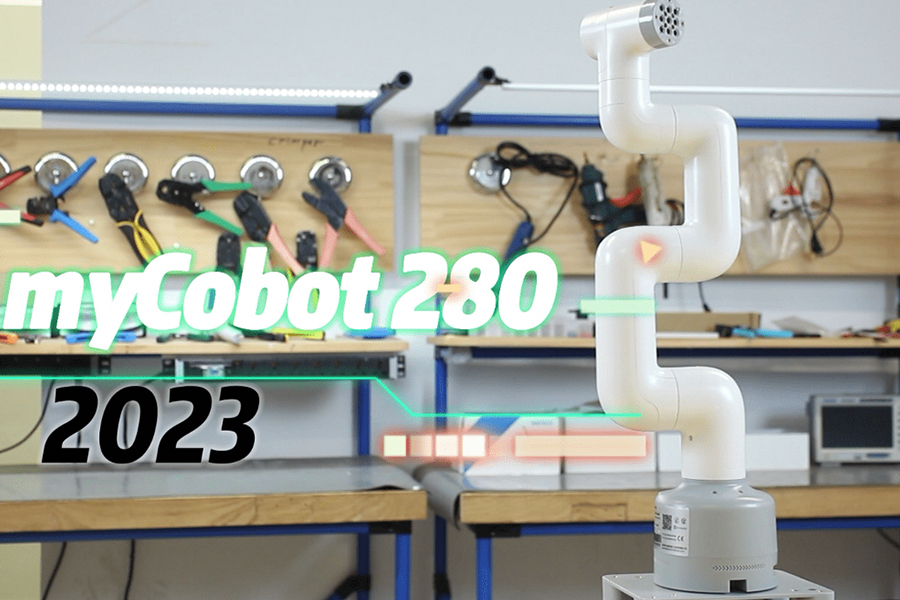
The Elephant Robotics team is constantly collecting user-shared cases and suggestions to improve the performance of their robotic arms while developing more complementary kits to provide different solutions for education, healthcare, agriculture, commerce, and other fields. The company is also committed to the development and sharing of individual development and educational robots, providing equipment and software adaptations to better support robotics in the future.


